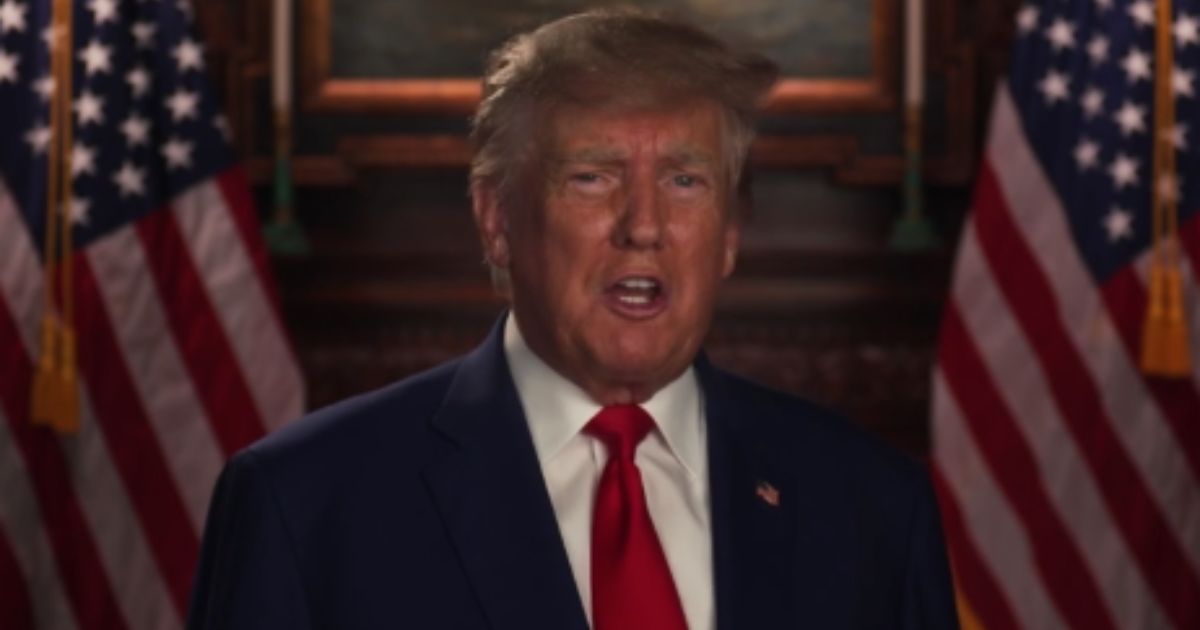White House correspondents' dinner changes tradition
Rising tensions between the White House and journalists took center stage as comedian Amber Ruffin's scheduled performance at the prestigious White House Correspondents' Association dinner was abruptly canceled.
According to The Hill, the White House Correspondents' Association (WHCA) board unanimously decided to eliminate the traditional comedy performance from this year's annual dinner, scheduled for April 26.
The decision comes amid escalating friction between the press corps and the Trump administration, marked by recent restrictions on media access and changes to press pool arrangements.
WHCA President Eugene Daniels emphasized the need to focus on journalistic excellence and nurturing future reporters rather than potentially divisive entertainment.
Trump Administration Restricts Press Access
White House press secretary Karoline Leavitt's announcement to skip the upcoming gala underscores the growing divide between the administration and the media.
The White House has implemented significant changes to press coverage protocols, including limiting The Associated Press's access to key venues such as the Oval Office and Air Force One.
Administration officials justified these changes by stating their intention to reshape press pool coverage to better reflect modern media consumption habits. This move represents a significant departure from long-standing traditions in White House press coverage.
These restrictions have sparked concerns about transparency and press freedom among journalism professionals. Many view these changes as an unprecedented attempt to control media access to presidential activities.
WHCA President Addresses Dinner Format Changes
WHCA President Eugene Daniels shared his vision for the reimagined dinner format in an email to association members:
At this consequential moment for journalism, I want to ensure the focus is not on the politics of division but entirely on awarding our colleagues for their outstanding work and providing scholarship and mentorship to the next generation of journalists. For the past couple of weeks, I have been planning a re-envisioning of our dinner tradition for this year.
The announcement signals a significant shift in the dinner's format, traditionally known for its blend of journalism recognition and entertainment. This year's event will prioritize celebrating journalistic achievements and fostering new talent in the field.
Comedian's Previous Trump Comments Surface
Ruffin, who serves as a writer for "Late Night with Seth Meyers," had previously expressed strong views about President Trump's potential attendance at the dinner. During a CNN interview with Jake Tapper, she made controversial remarks about the president's presence at the event.
These comments likely contributed to the growing tension surrounding the dinner. The comedian's previous criticisms of Trump highlighted the delicate balance between entertainment and maintaining professional journalistic standards.
The timing of Ruffin's removal from the program has raised questions about the relationship between political commentary and press freedom. Her departure marks a significant change in the dinner's traditional format.
Press Coverage Changes Spark Industry Debate
Recent modifications to White House press coverage protocols have generated widespread discussion within the journalism community. The administration's decision to assume control of the rotating press pool represents a fundamental shift in how presidential activities are documented.
These changes affect not only major news organizations but also impact smaller outlets and independent journalists. The new system gives the White House unprecedented control over media access and coverage.
Industry professionals have expressed concern about the long-term implications of these modifications for press freedom and governmental transparency. The situation continues to evolve as both sides navigate this new media landscape.
Event Significance and Future Implications
The cancellation of the comedy performance at the White House Correspondents' Association dinner reflects deeper tensions between the Trump administration and the press corps. The decision to eliminate entertainment from the program marks a significant departure from the event's long-standing traditions.
The upcoming April 26 dinner will focus exclusively on recognizing journalistic excellence and supporting emerging talent in the field. This shift in format demonstrates the WHCA's commitment to maintaining professional standards during a period of increased media scrutiny.





